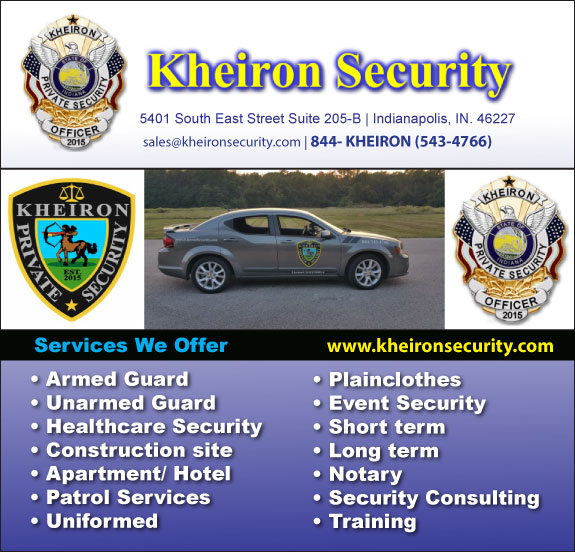
The VA's home loan program has provided over 21 million home loans totaling more than $400 billion since the program's inception as a short-term home loan program in the 1944 GI Bill of Rights. Here are some of the reasons many military homebuyers choose this robust loan option.
No down payments necessary
Frequently, the biggest factor that delays or prevents an aspiring homebuyer from getting a home loan is the down payment. No-money-down conventional loans have all but disappeared, and a down payment - about $40,000 for an average loan - makes purchasing a home out of reach for most families. Not so with a VA loan. As long as the sales price doesn't surpass the appraised value and the loan amount doesn't exceed certain predetermined limits, no down payment is necessary. This is an incredible advantage, especially for first-time homebuyers who don't have profits from the sale of one home to put down on another.
Additionally, VA home loans don't require private mortgage insurance that conventional lenders mandate if your down payment is less than 20 percent. This potentially can save a military homebuyer thousands of dollars a year. They also have less stringent credit-history and income requirements, which often are stumbling blocks for many loan applicants.
Money-back guarantee
It's important to understand the VA isn't actually loaning you the money, rather VA-approved lenders do, and the VA will step in and help cover the losses a lender might incur. How does this help a military homebuyer? If a lender knows they're essentially insured for part of the loan they're making, they're inclined to offer a more favorable interest rate. All other things being equal, VA home loans typically reduce the borrower's interest rate 0.5 to 1 percent.
Foreclosure avoidance
Falling on hard financial times might make it difficult to make a monthly mortgage payment. The VA takes a proactive approach with their mortgage assistance program by receiving monthly updates on every loan they make. At the first sign of trouble, the VA will reach out to the borrower and advocate on his or her behalf to avoid foreclosure. Chris Birk, director of education at Veterans United Home Loans, who literally wrote the book on VA loans, says the assistance program has “emerged as a model for the industry.” Birk explains, thanks to the program, more than 90,000 foreclosures were avoided last year, representing a saving of $2.8 billion to taxpayers.
The fork in the road
The loan process of VA loans and traditional loans vary. To qualify for a VA loan, potential borrowers must obtain a certificate of eligibility (COE) that confirms they meet the minimum service requirements (which can be found at www.benefits.va.gov/homeloans). There are limited exceptions to these requirements, and spouses of veterans, as well as individuals who have served in organizations like NASA, can apply for eligibility under certain conditions.
The VA doesn't dictate how much you can borrow from a private lender, but it does cap the amount it guarantees, known as an entitlement, which will be calculated as part of your COE. To account for real estate market variations, this amount varies based on the county of the property, as well as your service type. Exceeding your loan limit might mean you have to put some money down to secure the loan or the private lender might reject the application.
VA loan recipients, with few exceptions, must pay a funding fee (not to be confused with closing costs) that helps defray the costs of the program. This fee can vary from 0.5 percent for refinancing to 3.3 percent for borrowers who are using the entitlement benefit for a second time. The fee may be rolled into the loan and declines if you make a down payment.
Some restrictions apply
The VA appraisal process is more comprehensive than just a determination of fair market value and might take longer to complete. The reviewer assures the house meets certain minimum property requirements defined by the VA. (For example, if a home is in a flood zone, it likely won't be approved.) This review does not take the place of home inspection.
VA loans cannot be made for vacation or rental home purchases, nor can you flip a house. Most land purchases are disallowed, too. Condos, manufactured homes, and construction loans are permitted, but there are some hurdles to overcome.
Worth repeating
Refinancing via VA loans has proved preferable to the millions wanting to jump on the refinancing bandwagon, but it must be done on a home originally purchased with a VA loan. If you need cash to pay bills or make home improvements, a cash-out refinance loan is obtainable on an existing VA or non-VA loan.
Birk calls the VA loan “the most powerful option on the market for [veterans] and their families.” Despite its appeal, only a fraction of eligible homebuyers take advantage of it, primarily because of a lack of awareness and understanding of the program. Seek out a realtor and lender who are not deterred by the particulars of a VA loan. Because of stringent down-payment, credit-history, and income requirements, most VA borrowers would not qualify for a traditional home loan, so military homebuyers shouldn't overlook this valuable benefit.



